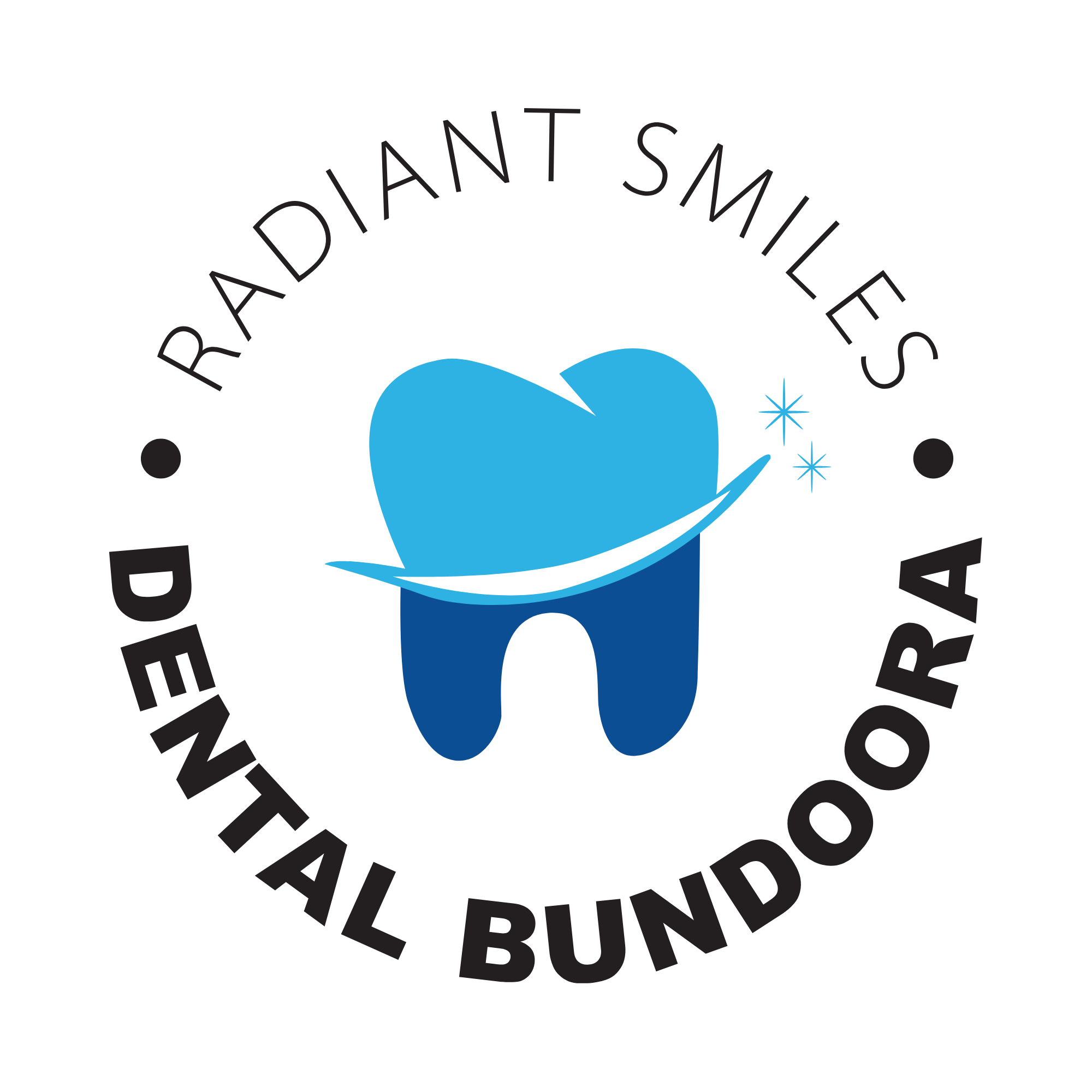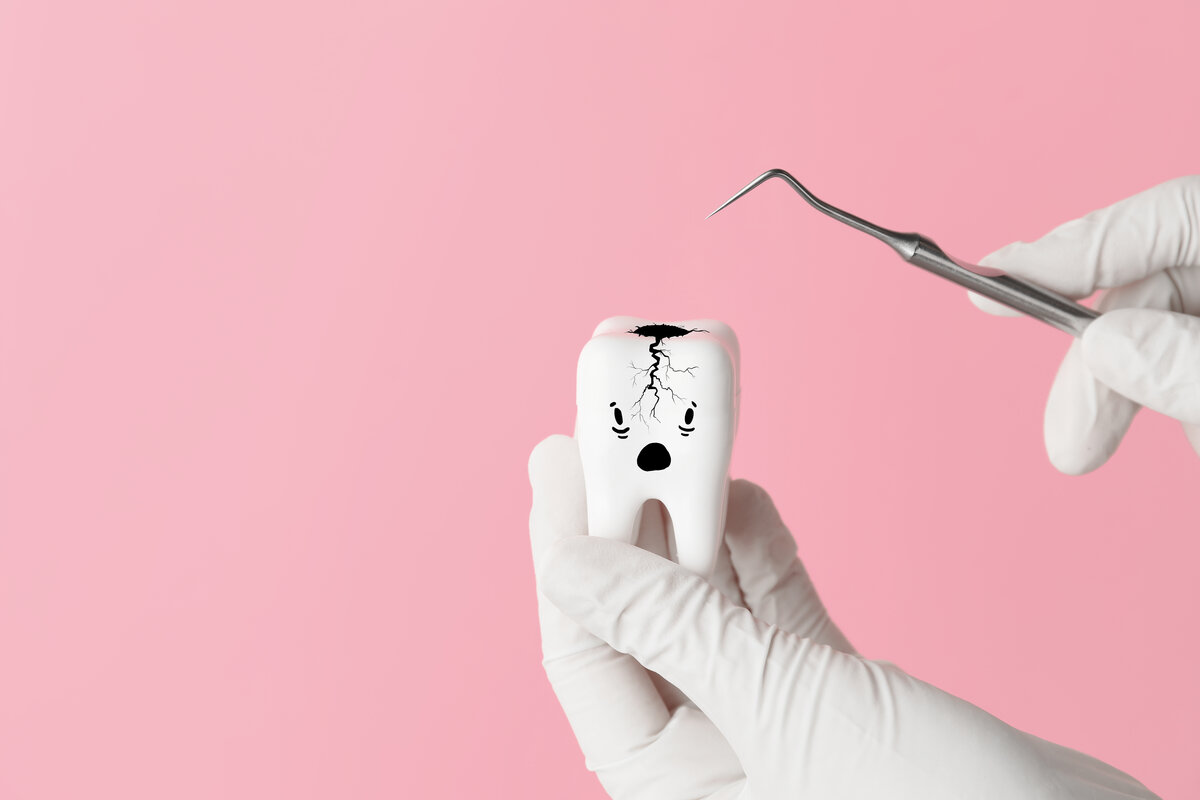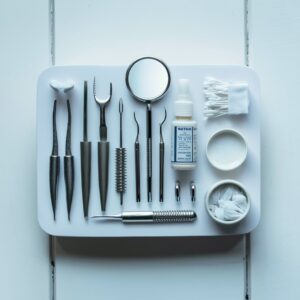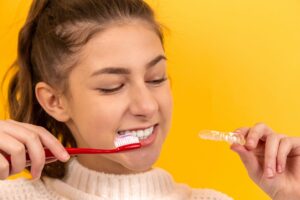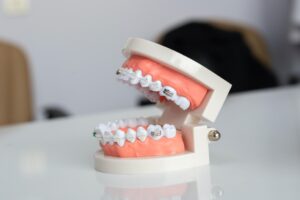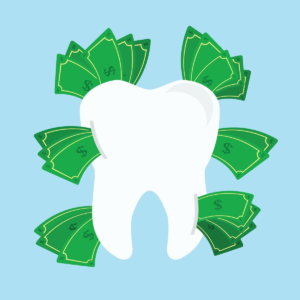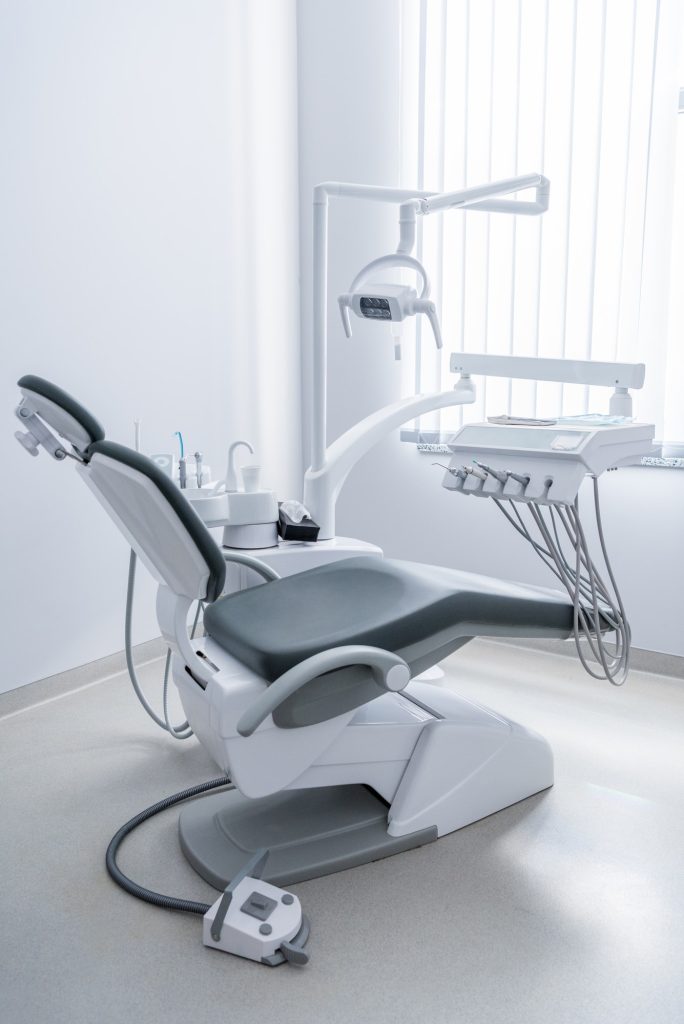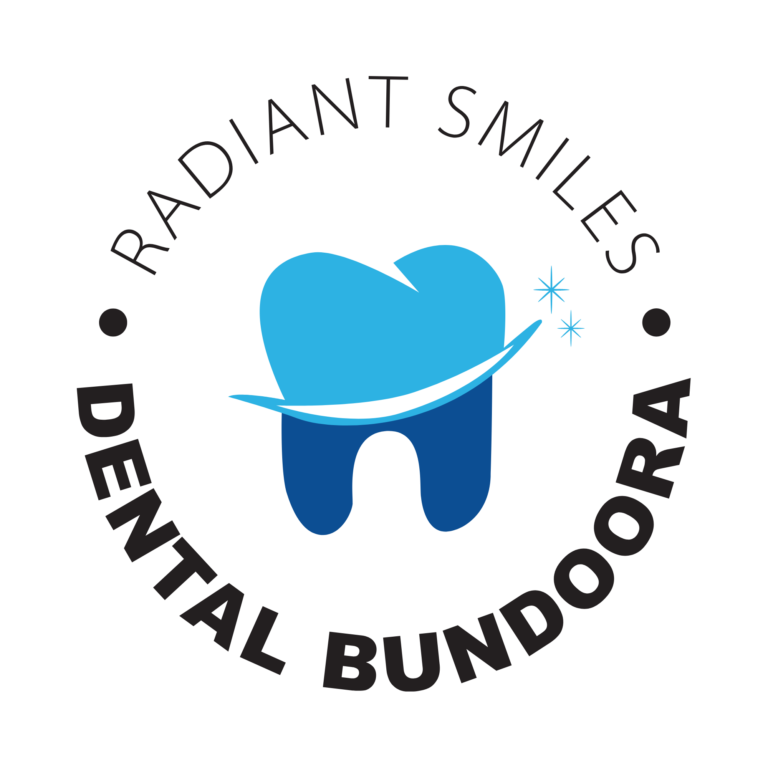As you consider getting dental veneers for your teeth, it’s natural to think about the long-term effects of this cosmetic dental procedure. One potential concern is teeth grinding (also known as bruxism), a subconscious habit that can have lasting negative impacts on different types of dentistry, including veneers.
In this blog article, we’ll explore the issues associated with teeth grinding and how it affects veneer procedures – offering tips for those wanting to pursue veneers despite frequent enamel wear. Let’s begin by understanding why and how bruxism happens in the first place!
What is Teeth Grinding, and How Can it Affect Your Oral Health
Bruxism, known as teeth grinding, is a common oral health condition where the individual clenches or grinds their teeth unconsciously, often leading to several dental problems.
If you grind your teeth, you’re at higher risk of developing chipped and cracked teeth and experiencing headaches and jaw pain. In severe cases, bruxism can even lead to bite problems and muscle disorders.
If you have been diagnosed with bruxism, seeking treatment and care from a dental professional is essential. Proper management and treatment of teeth grinding can help prevent your oral health from further damage and protect any cosmetic dental work you may have had, such as veneers.
The Pros and Cons of Veneers
When it comes to dental work, cosmetic dentistry is steadily gaining popularity. One of the most sought-after procedures is veneers – thin layers of durable material applied to the surface of teeth to enhance their appearance.
But like any dental procedure, veneers have their pros and cons. On the one hand, veneers are a reliable solution to restore teeth, fixing aesthetic issues such as discolouration and misshapen or broken teeth.
They typically require minimal pain or discomfort during placement and can protect your natural teeth from further damage. On the other hand, veneers require removing a small amount of enamel, which may be uncomfortable for some patients.
Additionally, while dental veneers are incredibly durable, they are not indestructible and may need replacement down the line. As with any dental procedure, it’s essential to consult with your dentist to determine whether veneers are the right solution for your needs.
Does Teeth Grinding Affect Veneers and How to Protect Them
If you’ve invested in high-strength porcelain veneers, it’s natural to want to protect them. However, teeth grinding (also known as bruxism) can be a troublesome habit affecting the longevity and appearance of your dental veneers.
Fortunately, there are ways to protect them. One solution is wearing a night guard that cushions your teeth, providing a barrier between your teeth and veneers. This helps in reducing the impact of grinding.
Do consult your cosmetic dentist to ensure that the right kind of mouth guard is selected for you, as one that does not fit correctly can cause further damage. With proper protection, you can ensure the longevity of your veneers and get the most out of your investment.
How to Identify the Signs of Teeth Grinding
Teeth grinding, or bruxism, is an incredibly common dental problem, leading to various oral health issues. It is typically characterised by the grinding of teeth and clenching of the jaw muscles. Some common signs of teeth grinding include sore or sensitive teeth, headaches and neck aches, jaw pain, and sore gums.
You must immediately contact a dentist if you notice any of these symptoms. If you identify and address these early, you can help prevent further oral health complications.
Of course, the best way to combat teeth grinding is to stop the behaviour altogether. By becoming more aware of your own teeth-grinding habits, you can take proactive steps to prevent it.
Should you see a Dentist if Your Veneers are Being Damaged by Teeth Grinding?
If you’re experiencing pain or discomfort with your veneers due to teeth grinding, it’s essential to seek the advice of a professional cosmetic dentist. While veneers are primarily used for cosmetic purposes, ensuring that the underlying tooth structure is not compromised is imperative.
A second opinion from a dentist can confirm whether the veneers require replacement or if the damage can be fixed without compromising the tooth structure. Additionally, wearing night guards while sleeping can significantly reduce the wear and tear caused by grinding, relieving your veneers and overall dental health.
So, don’t ignore the signs and book an appointment with your dentist to evaluate the state of your veneers. Your smile will thank you!
Tips for Avoiding Teeth Grinding Damage to Your Veneers
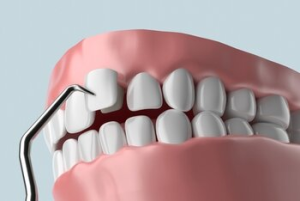
If you have veneers, taking extra precautions is important to prevent any damage caused by teeth grinding. An excellent way to protect your teeth is by wearing a mouth or night guard while sleeping.
These can help to cushion your teeth and prevent damage to your veneers. Stress reduction can also help minimise teeth grinding. Relaxation techniques involving deep breathing and mindfulness can help reduce stress levels and prevent teeth grinding.
Taking these precautionary measures ensures that your veneers remain in excellent condition and your smile continues to shine.
Conclusion
Teeth grinding, also known as bruxism, can seriously affect oral health. It can cause wear and tear on natural teeth, implants, crowns, and veneers. Veneers present a viable cosmetic solution if you are self-conscious of your smile, but it’s important to take protective measures to preserve them.
Knowing how to identify the signs of teeth grinding can help prevent potential damage to your veneers. There are many methods available for preventing teeth grinding and its subsequent impacts, including lifestyle modifications, medications, and even jaw or bite appliances.
If you want veneers, book an appointment with Radiant Smiles Dental Group. Here our team of experienced dentists can guide you further on the types available and the option you should select. So contact us at (03) 9000 0537 today to book an appointment!
References:
https://www.nhs.uk/conditions/teeth-grinding/#:~:text=It’s%20often%20linked%20to%3A,selective%20serotonin%20reuptake%20inhibitors%20(SSRIs)
https://www.betterhealth.vic.gov.au/health/conditionsandtreatments/teeth-grinding
https://www.sleepfoundation.org/bruxism/tips
https://www.webmd.com/oral-health/teeth-grinding-treatments
 Now
Now